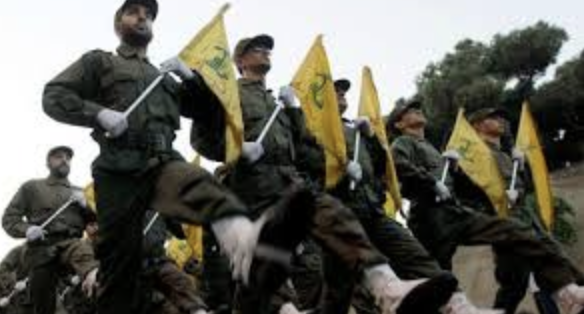By Nick Verdi, Staff Writer
NEWS: The Middle East is ripe with geopolitical implications.
In an outward look, we find important pages written within today’s history books about events taking place in the Middle East.
One such event has been the brokering of a peace deal between the United Arab Emirates (U.A.E.) and Israel, called the Abraham Accord. United States President Donald J.Trump brokered the deal, in an attempt to “normalize” relations between the two nations. The deal was set to create a more peaceful setting in the Middle East. “I believe there’s a good chance we will soon see more Arab countries joining this expanding circle of peace,” commented Israeli Prime Minister Benjamin Netanyahu. . The brokering of this deal seems like a glimmer of light in this historic year. With much conflict having taken place in the Middle East as far back as the Crusades, any inch towards peace is necessary. The new deal encourages trade between Israel and the U.A.E. as well as peace within Jerusalem. President Trump’s vision for peace in this agreement will hopefully see that all faiths may worship at the holy sites in Jerusalem. This deal may also foster economic growth in the Middle East in the form of increased trade after the U.A.E. and Israel agreed to set aside past aggressions toward a peaceful future.
Contrasting this peace would be the political instability and uproar in Lebanon. On August 4, 2020, an explosion occurred in Beirut, the Capital of Lebanon. The ammonium nitrate explosion left one-hundred and fifty four people dead and more than 5,000 wounded. The explosion was supposedly caused by an accidental fire, though the exact cause is yet to be confirmed. The Ammonium Nitrate originated from a cargo ship called the MV Rhosus, which was traveling from the country of Georgia to Mozambique in 2013. The ship made a stop in Beirut because of the shipowner’s debt. The dangerous material was then transported to a warehouse in 2014, amidst a senior customs official’s report that the contents on the ship were dangerous. The material laid there for years as political instability and civil uprisings ravaged the country. The Lebanese government’s mishandling of the ammonium nitrate has led to citizens taking a call to action, and the U.S. and France sending medical aid to assist the victims of the explosion.
Also occurring in the Middle East is what is being considered as the largest humanitarian crisis in the world. Over 24 million Yemeni people (80 percent of the population), are in need of humanitarian support because of the lack of access to sanitation, food security, and clean water. This deprivation has emaciated much of the Yemeni people, with children as the main victims of the crisis. The economic collapse of Yemen seems to be a driving factor of the impoverished population. The effects of this famine have also been increased by the Yemeni Civil war which has endured since early 2015.
To say that the Middle East is going through landmark historical events is an understatement. It is important to look at what is happening to the Middle East and further telegraph the interest of other global powers. The Middle East has largely been the modern powder keg for conflict in the world since the Cold-War, and debatably since the founding of Israel. For example,looking at the backing behind the Yemeni Civil war, you can see the Shiite Musilm Iran backing the opposition of Yemeni President Hadi, who belongs too the Sunni Muslims, who is backed by the United Arab Emirates. What is happening in Lebanon also ties to Israel’s campaign against the Russian-backed Hezbollah Islamic political party in Lebanon. The Israel-U.A.E. deal also represents a larger interest of the United States to have a strong economic asset in the Middle East. The Middle East is not only a pool for geopolitical interests, but a looking glass into future conflicts, and alliances .

